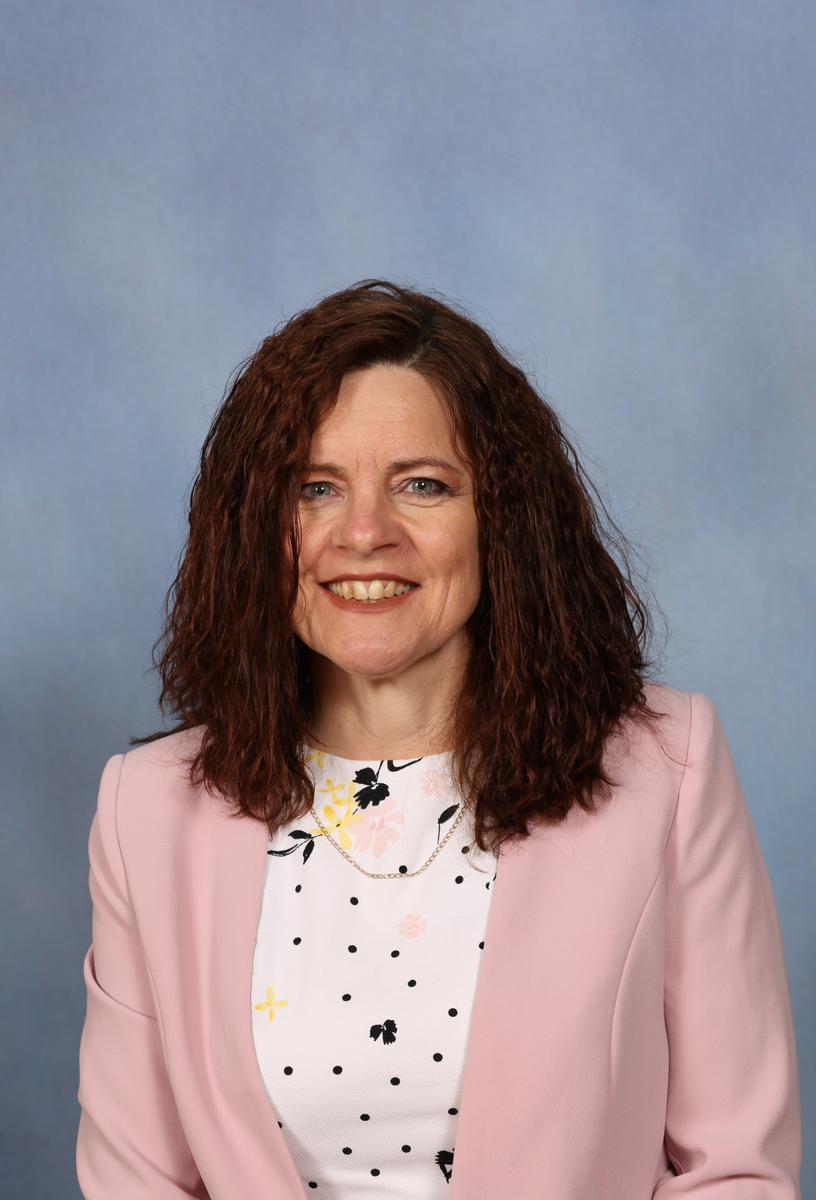Ulverstone Campus Principal

At a recent Christian Education National (CEN) conference, I was fascinated to learn about Comenius, a Czech philosopher, pedagogue and theologian from around 400 years ago who is considered the father of modern education. He insisted that learning is to be understood as nested within a nexus of bodily experience, cognitive activity, moral responsibility, and faith formation. He proposed that these things ought to be thought together as interconnected and mutually influencing. This aligns closely with our notion of playful learning with head, heart and hands.
At Leighland, we believe the curriculum is more than a collective of discrete packets of testable knowledge. Teaching English is not just about teaching English skills, teaching Math is more than just teaching Math skills, and teaching Science is more than just teaching Science knowledge. We want more than that for our students. We want them to develop knowledge, skills and understandings, and to use those to improve their lives and the world around them. We want them to be curious, to explore the world with wonder, and to be highly engaged in their learning. As educators we frequently ask ourselves, how might we help our students make sense of this wondrously complex and kaleidoscopic world? We believe it is through joy, curiosity and profound excitement: through a pedagogy of play.
Last week, we had the honour and privilege of hosting Ben Mardell for a workshop that attracted educators from around Australia. Ben Mardell is from Newtowne School and Lifelong Kindergarten at the MIT Media Lab, USA. His Pedagogy of Play research with Harvard University explored the why, what and how of playful learning. The notion that play is central to how young children learn, the way they form and explore friendships, the way they shape and test hypotheses, and the way they make sense of their world, has been widely understood for many years; however, there was a gap in the research regarding what it might mean to put play at the centre of formal schooling. In 2015, the Pedagogy of Play (PoP) research project began investigating the nature of playful learning in schools and focused on three core questions: Why do educators need a pedagogy of play? What does playful learning look and feel like in classrooms and schools? How do educators set up the conditions where playful learning thrives?
Ben encouraged us to consider how we can instil in students the confidence to be curious lifelong learners who can contribute meaningfully to create a kinder, more sustainable and more equitable world. Ben shared research with us that demonstrated the importance of school enjoyment for academic achievement. At Leighland, we want learning to be joyful, we want it to be meaningful, and we want it to be rigorous. We want to provide challenging and relevant educational experience that fosters deep understanding, critical thinking, and active participation, from Kinder through to Year 12.
Play can support learning for people of all ages, not just young children. Our students engage in challenging, meaningful and playful learning through researching, exploring, and discussing information in a wide range of subject areas, and by being actively involved in Project-Based Learning and Design Thinking. As staff, we have experienced the value and benefits of LEGO Serious Play in identifying issues and brainstorming solutions. At Leighland, there is evidence of playful learning in every grade and every faculty. Learning is nested within a nexus of bodily experience, cognitive activity, moral responsibility, and faith formation at Leighland Christian School.
May this term break be a safe, enjoyable and playful time for all our school families.
Katrina McNab
Ulverstone Campus Principal

